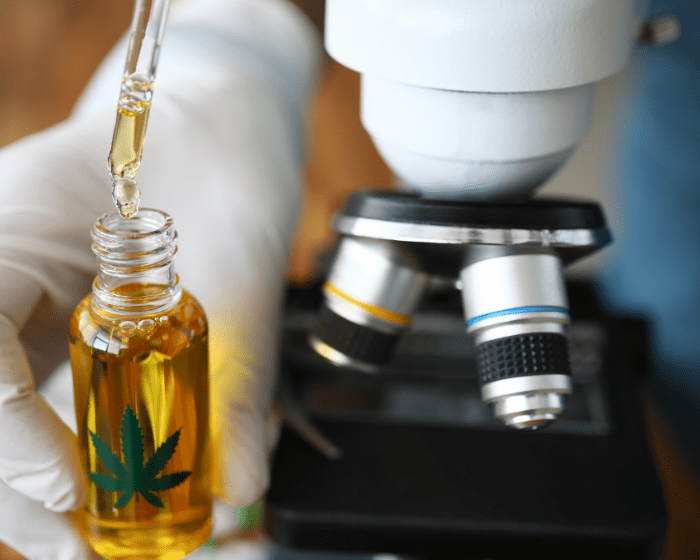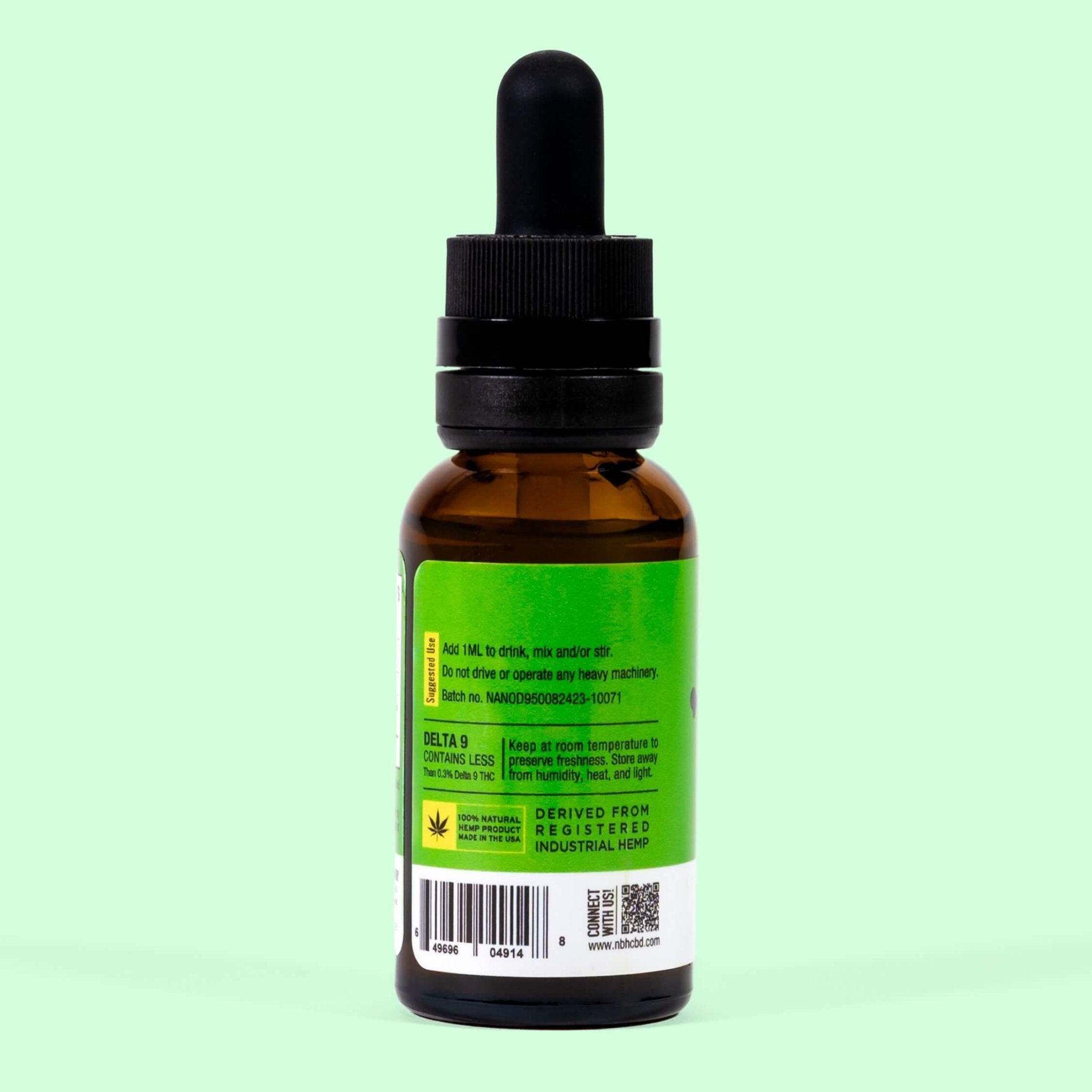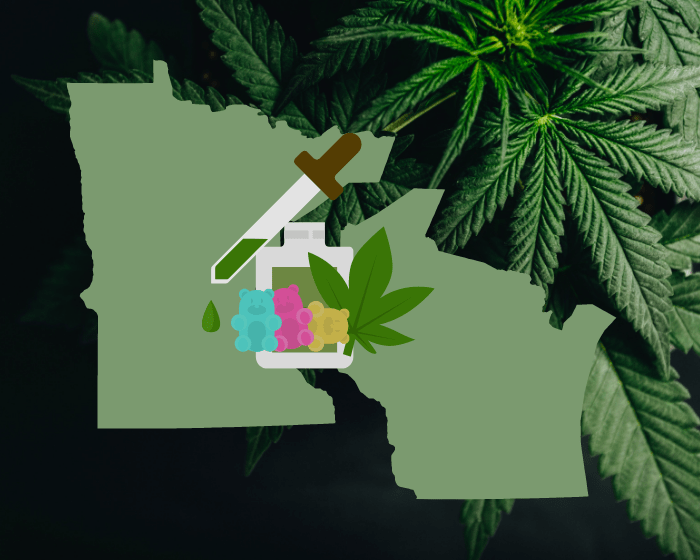
Last week, news agencies across the U.S. reported that compounds in hemp may help stop coronavirus at the cellular level. Researchers in that study noted that relatively few hemp products on the market today contain the two cannabinoids in the spotlight — CBDa and CBGa, chemical precursors to CBD and CBG.
But the results of two other studies have suggested that CBD (cannabidiol) itself may prime cells against COVID-19 and reduce inflammation and lung damage associated with the coronavirus.
University of Waterloo Study: ‘CBD might help prime cells against COVID’
Using synthetic CBD, researchers at the University of Waterloo found that CBD appears to prime the innate immune system of cells, potentially offering protection against pathogens such as SARS-CoV-2. Waterloo is a public research university based in Waterloo, Ontario, Canada.
The findings suggest that CBD elevates the anti-viral response of cells to key proteins produced by the SARS-CoV-2 genome. The researchers studied these proteins in human kidney cells, both alone and in combination with CBD. They also observed the effects of CBD in healthy control cells.
“When cells in the lungs or the digestive tract are infected with a virus, they have an ability to sense and respond, even before the immune system notices a virus is present,” said Robin Duncan, lead investigator and a professor in the University of Waterloo's Department of Kinesiology and Health Sciences in a press release. “They do this by activating innate responses inside of cells, which form the first line of defense. In the case of COVID-19, however, this response isn’t very good, which has contributed to high infection rates.
"In the case of COVID-19, [the innate immune response] isn’t very good, which has contributed to high infection rates.”
— Robin Duncan, lead researcher and a professor in the University of Waterloo's Department of Kinesiology and Health Sciences
“With an RNA-type virus like SARS-CoV-2,” Duncan continued, “cells should activate an innate system that cuts up the viral genome, which also causes infected cells to undergo a process called apoptosis – a sort of controlled cell death that gets rid of infected cells early on. This could stop an infection, or slow its spread in the body or to others. When we combined CBD with these viral proteins, they had a much better ability to activate this system and to activate apoptosis.”
“When we combined CBD with these viral proteins, cells had a much better ability to activate this system and to activate apoptosis.”
— Robin Duncan, lead researcher and a professor in the University of Waterloo's Department of Kinesiology and Health Sciences
In cells that hadn’t been exposed to the SARS-CoV-2 proteins, CBD in “therapeutic amounts" seemed to increase readiness to respond to viral infection.
“This suggests CBD at the right dose could help cells be in a better state of readiness to respond to a virus, but it doesn’t cause a response unless there is a need,” said Maria Fernandes, a postdoctoral fellow who performed the cell studies.
“This suggests CBD at the right dose could help cells be in a better state of readiness to respond to a virus, but it doesn’t cause a response unless there is a need.”
— Maria Fernandes, University of Waterloo postdoctoral fellow
Duncan said the concept is further supported by evidence from users of a high-dose pharmaceutical CBD licensed in the United States for the treatment of rare types of epilepsy. In that study, patients taking prescription high-dose synthetic CBD had around a 10-fold lower risk of testing positive for COVID-19.
Duncan also pointed out that CBD is has no psychotropic effect, giving it a broad potential for use.
As with the Oregon State University study, the Waterloo researchers said their findings aren’t meant as an alternative for masking, vaccination and other measures recommended by health experts.
Dental and Medical Colleges of Georgia: CBD may reduce lung damage and inflammation caused by COVID-19
Researchers at the Dental and Medical Colleges of Georgia found that CBD help protect the lungs during respiratory distress, giving this cannabinoid potential as part of COVID treatment. They say it could help reduce the cytokine storm, protect pulmonary tissues, and re-establish inflammatory homeostasis.
“You cannot regenerate the lung. You cannot set a lung aside to let it rest,” one of the researchers, Dr. Jack Yu told Channel 6 WJBF News. Yu is a physician, scientist, and chief of pediatric plastic surgery at the Medical College of Georgia.
“You cannot regenerate the lung. You cannot set a lung aside to let it rest.”
— Dr. Jack Yu, physician, scientist, and chief of pediatric plastic surgery at the Medical College of Georgia
COVID-19 can cause adult respiratory distress syndrome. Aside from difficulty breathing and pain, this can result in permanent lung damage.
Dr. Yu and other researchers are in search of ways to minimize the inflammation and the long-term damage. One study, done on mice, showed reduced inflammation in the lungs and prevention of lung damage.
“When we give CBD through an inhaler, the mice inhales it down to the lungs, it reduces the amount of inflammatory infiltrate,” he said.
Human clinical trials occurring internationally, but the treatment isn’t ready for large-scale human use, WJBF reported.
Dr. Yu is optimistic about CBD’s use as part of a larger treatment plan.
“This will probably be a minor supplemental role,” he told the station. “While this is interesting and it should be followed up, this is by no means at the same level as [the antiviral medication] Paxlovid, for example.”
CBD On Researchers’ Radar
These findings are the results of early research efforts and further study is needed before major conclusions are drawn. These researchers, however, were optimistic about CBD’s potential to help people as the world enters its third year of the COVID-19 pandemic.








































